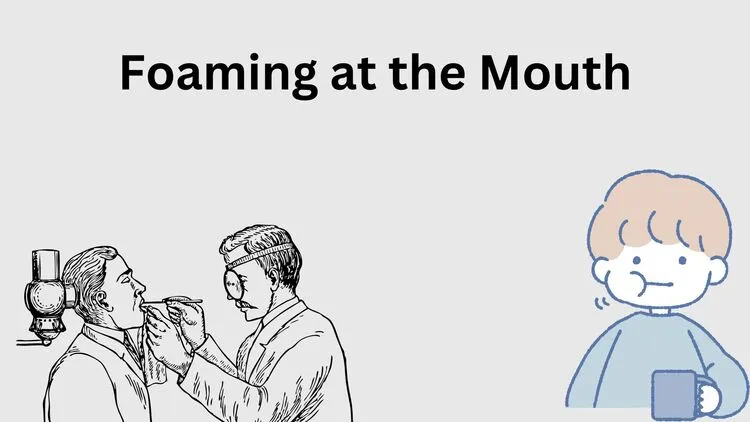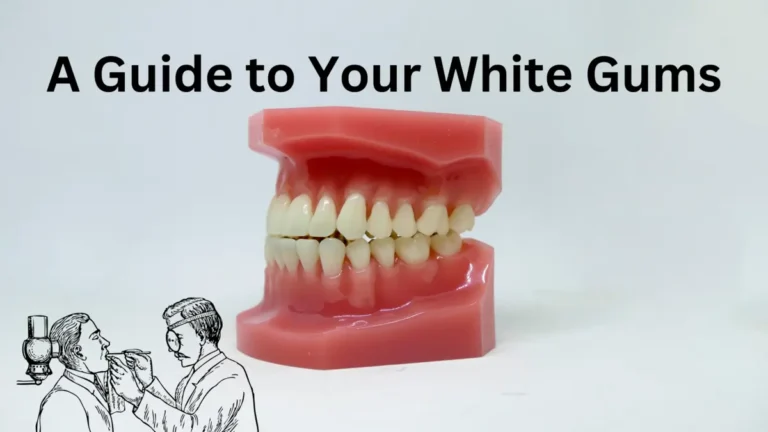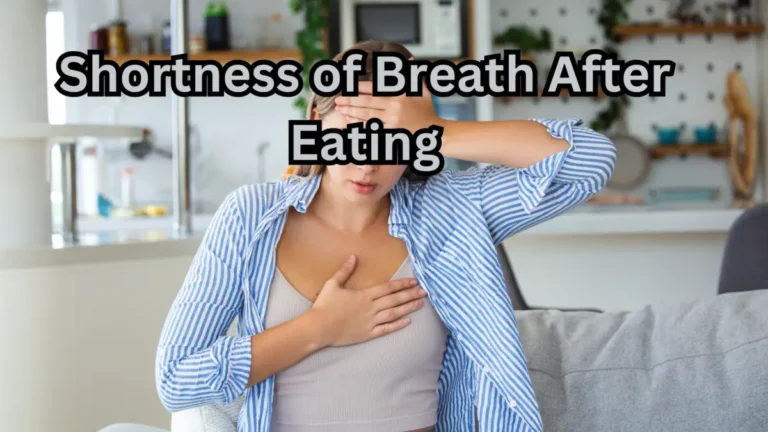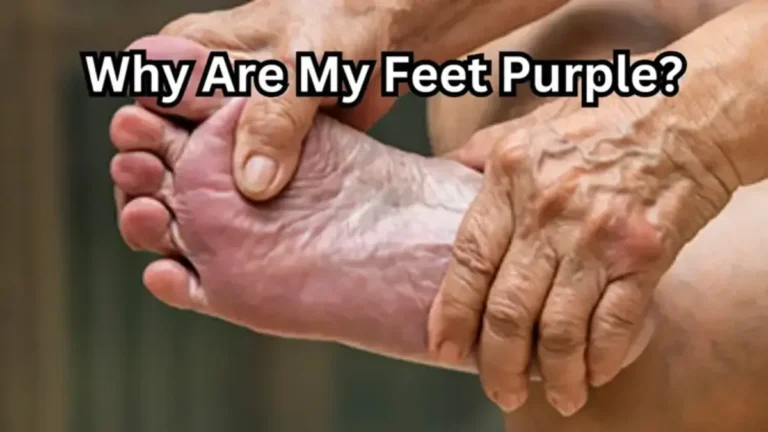What to Do if Someone is Foaming at the Mouth: What to Know
Foaming at the mouth, also known as frothing at the mouth, is a condition where excess saliva mixes with air or other substances, creating a foam-like substance. It can be a symptom of various medical conditions, ranging from seizures to drug overdose.
What Causes Foaming or Frothing at the Mouth?

Foaming at the mouth can occur due to several reasons:
- Seizures: During a seizure, a person may lose control of their mouth muscles, leading to excessive drooling and foaming.
- Rabies: This deadly viral infection affects the nervous system and often causes foaming or frothing at the mouth.
- Drug Overdose: Opioids and other drugs can cause pulmonary edema, leading to frothy saliva.
- Poisoning: Ingesting toxic substances can result in foaming or frothing at the mouth.
- Pulmonary Edema: Fluid buildup in the lungs can cause frothy saliva. Foaming or frothing at the mouth can occur due to several reasons:
Symptoms Associated
Depending on the underlying cause, foaming or frothing at the mouth may be accompanied by:
- Seizures: Uncontrolled shaking, loss of consciousness, and confusion.
- Rabies: Fever, hallucinations, and difficulty swallowing.
- Opioid Overdose: Slow breathing, pale skin, and unconsciousness.
- Poisoning: Nausea, vomiting, and abdominal pain.
What to Do If Someone is Foaming or Frothing at the Mouth?
- Seizures: Keep the person safe, clear the area, and do not restrain them. Call for medical help.
- Opioid Overdose: Administer naloxone if available and seek emergency medical assistance.
- Rabies: Immediately wash any wounds and consult a healthcare provider for vaccination.
- Poisoning: Call poison control and provide details about the substance ingested.
Medical Treatments
- Drug Overdose: Naloxone, oxygen therapy, and hospitalization.
- Seizures: Anti-epileptic medications and lifestyle changes.
- Rabies: Post-exposure prophylaxis (PEP) and vaccination.
- Pulmonary Edema: Diuretics and oxygen therapy.
Which Animals Carry Rabies?
Rabies is commonly found in:
- Dogs
- Bats
- Raccoons
- Foxes
- Skunks
If bitten by any of these animals, seek medical attention immediately. You can also read a complete guide about Penis Envy Mushroom in our website.
Dangerous Side Effects of Drug Abuse
- Drug abuse can lead to:
- Foaming or frothing at the mouth
- Respiratory failure
- Cardiac arrest
- Permanent brain damage
You can also read a complete guide about Peptides for Weight Loss in our detail article.
Prevention Tips
- Avoid contact with wild animals.
- Keep medications and toxic substances out of reach.
- Educate yourself about the signs of overdose and poisoning.
- Seek help for substance abuse issues.
Bottom Line
Foaming at the mouth is a serious symptom that requires immediate attention. Whether it’s caused by seizures, rabies, or drug overdose, understanding the underlying cause and taking prompt action can save lives.





